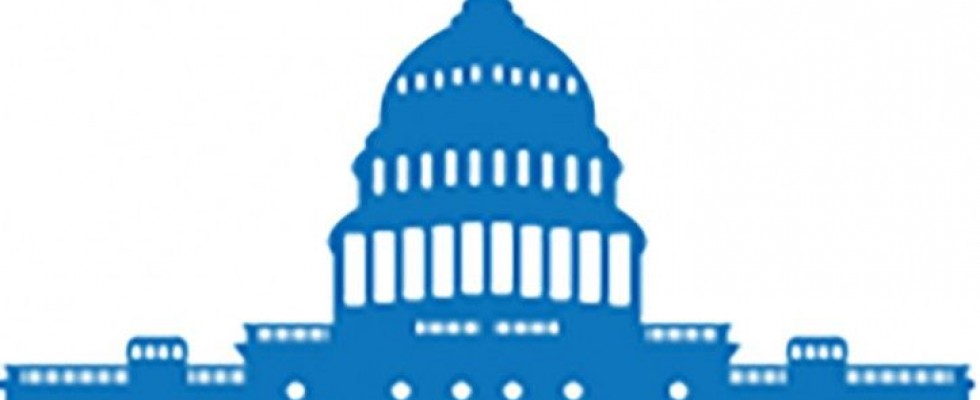
In 2005, the Centers for Medicare & Medicaid Services (CMS) established Money Follows the Person (MFP) grants for Medicaid recipients moving from clinical to community-based care. The Affordable Care Act (ACA) of 2010 strengthened and expanded the program to 43 states. More than 75,000 people have transitioned home through the grant program. However, the program expired in 2016. Most states in the program exhausted their funding by late 2018. To remedy the problem, Reps. Frank Pallone (D-New Jersey) and Greg Waldon (R-Oregon) introduced the Medicaid Extenders Act of 2019, which funds the MFP through March 2019 and extends spousal impovershment protections to people in home- and community-based services.
Timeline
- Jan. 4, 2019: introduced in House
- Jan. 8, 2019: passed House
- Jan. 17, 2019: passed Senate
- Jan. 24, 2019: signed by president, Public Law No. 116-3
MFP Program Goals
- Increase the use of home- and community-based services (HCBS) and reduce the use of institutionally-based services
- Eliminate barriers in state law, state Medicaid plans and state budgets that restrict the use of Medicaid funds to let people get long-term care in the settings of their choice
- Strengthen the ability of Medicaid programs to provide HCBS to people who choose to transition out of institutional settings
- Put procedures in place to provide quality assurance and improvement of HCBS
- (source, medicaid.gov)
Spousal impoverishment protections were initially put in place to allow the spouse of a Medicaid recipient to maintain certain levels of assets and income when the patient was admitted to a Medicaid-certified skilled nursing facility. In 2010, the ACA extended those protections to patients receiving care in HCBS.
The spousal impoverishment protections for HCBS under the ACA expired Dec. 31, 2018. The Medicaid Extenders Act of 2019 extends these protections through March 2019. The National Association for Home Care & Hospice and LeadingAge support a longer-term solution.
Did you know? The bill reduces the federal matching rate for states that have not implemented asset-verification programs for Medicaid eligibility. The federal matching rate will be reduced by 0.5 percent by 2025.
What happens next?
The MFP program is only funded through the end of March. Congress must pass a long-term solution to this issue, or states will have to find funding in their own budgets for the program. For additional information, visit congress.gov, leadingage.org, nahc.org or medicaid.gov.
